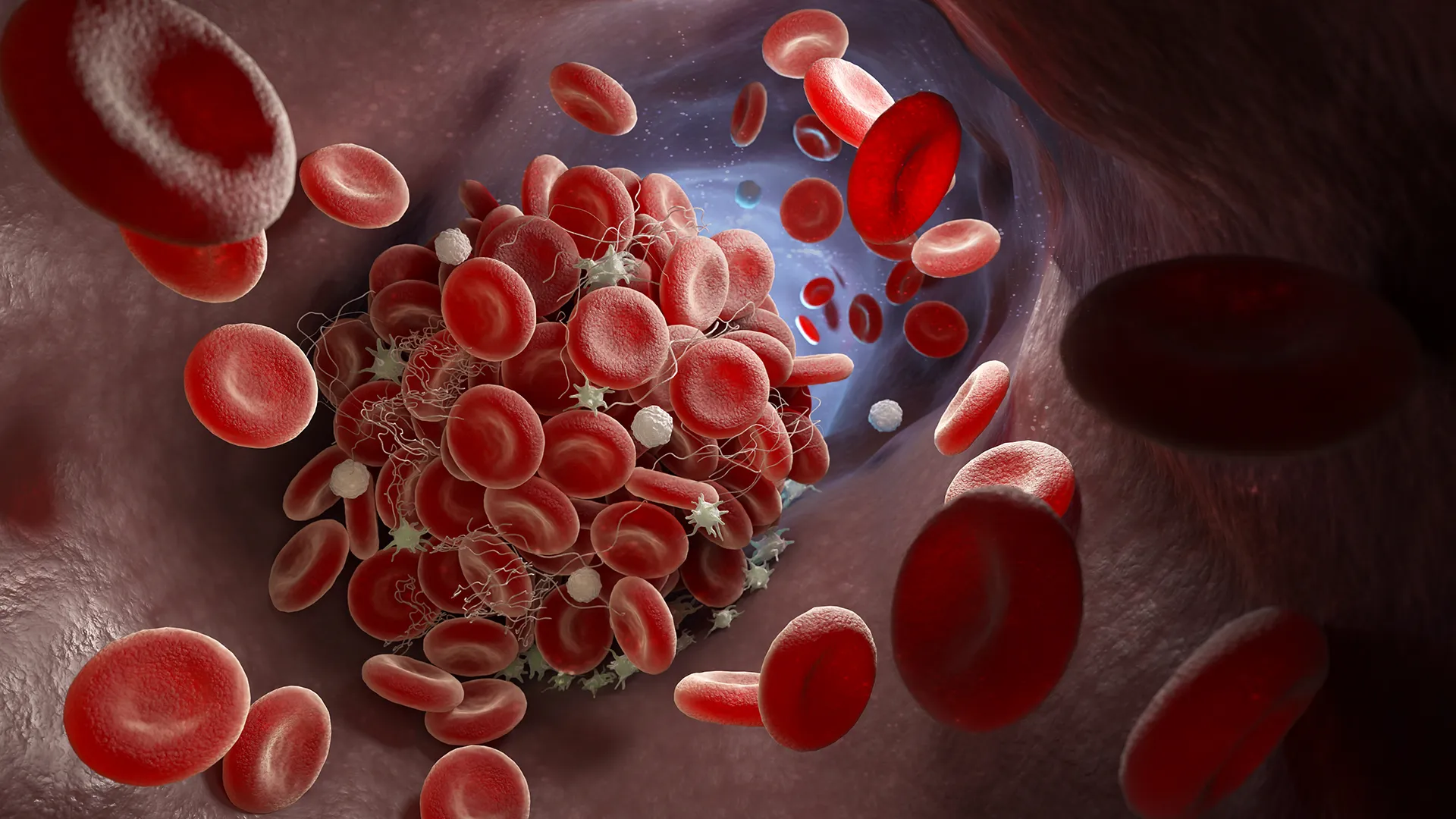
Understanding Hypertrophic Cardiomyopathy (HCM)
Your heart is a robust organ with powerful muscles designed to pump blood throughout your body efficiently. However, HCM introduces a unique challenge. This condition leads to the thickening of specific heart muscles, making it more difficult for your heart to perform this essential function.
Typically, HCM affects the ventricular septum, a structure positioned between your right and left ventricles – the lower chambers of your heart. When this septum becomes thicker, it occupies more space within the heart, potentially disrupting blood flow, particularly within the left ventricle.
The Genetic Connection
One crucial aspect of HCM is its genetic nature. If one person in a family is diagnosed with HCM, other family members must undergo screening as well. Genetic predisposition plays a significant role in the development of this condition.
Recognizing Symptoms
The symptoms of HCM can be varied, ranging from subtle to pronounced. Some individuals may experience fatigue, dizziness, shortness of breath, chest pain, or an irregular heart rate. Surprisingly, in some cases, no symptoms may manifest at all. This variability underscores the importance of early detection and monitoring for anyone at risk due to family history.
A Positive Outlook
The good news is that with the advancement of medical science and treatment options, individuals diagnosed with HCM have an optimistic prognosis. Proper management and early diagnosis are pivotal to a fulfilling and healthy life. For most HCM patients, average life expectancy is attainable without significantly limiting symptoms or adverse complications.
In conclusion, Hypertrophic Cardiomyopathy may seem daunting, but with awareness, genetic screening, and timely medical intervention, individuals living with HCM can lead entire, vibrant lives. The key lies in understanding the condition, recognizing potential symptoms, and seeking medical guidance promptly. The world of HCM is evolving, offering a brighter future for those affected by this condition.





